
Commentaries | Mar 27,2021
Sep 19 , 2020
By Kidist Yidnekachew
Many changes have been witnessed since the Novel Coronavirus (COVID-19) pandemic started wreaking havoc across the world, on economies as well as on social relations.
We have seen Tiktok, a video sharing social platform, become arguably the primary destination for creative content, invaded by celebrities looking to exploit its popularity. We have seen the suspension, if not the death, of social norms, such as shaking hands when greeting. Our hands are slightly less smooth after all the washing with soap and alcohol we have been doing.
Even though the adjustments were linear for every corner of the world, there was one place where they were going to be a hard sell - Ethiopia. The land of daily communal coffee gatherings and tactile greetings, often with cheek kissing, was predicted not to be likely to follow the pandemic rules. Let us also not forget the gursha, an affectionate gesture where one person feeds another by hand.
Fortunately, people showed sense and did take to the new rules. The tactile greetings were suddenly gone, masks were being worn, and some social distancing rules were being adhered to. Makeshift hand washing stations were outside of every bank branch and supermarket, and grassroots public charities popped up to distribute food items to the less privileged.
But whether or not precautions were taken satisfactorily was questionable. Given the relatively large proportion of the population that lives on subsistence, efforts at social distancing were estimated to fail anyways - at least that was the assumption.
Curiously, neglect of the precautions became worse as the number of daily reported cases increased. By the time there were around 1,000 COVID-19 cases being reported every day, business went on as usual. With the expiration of the five-month national emergency invoked to combat the spread of the virus, just in time for the New Year celebrations, it was as if COVID-19 never existed.
What happened? Was it the realisation that quarantine was only possible for higher-income folks? Was it the slowing economy? Was it the inflating cost of living? Why are we no longer social distancing? Why hasn't the election been reinstated?
People going to work because they can no longer afford to stay at home is one thing. But the recently emerging videos of jam-packed night clubs, people breathing and sweating on each other, is another. One video of such a night club brings to mind memories of the sweat-fest of a party thrown in one scene of The Matrix: Reloaded.
But this was not all. There were also private parties, flouted on social media.
Is our individual will to live and self-preserve dependent on the government's attitude? If the government does not tell us to protect ourselves, do we just go wild?
The answer seems to be in the affirmative. Recently, a visiting friend from the United States was elated to learn that he was not allowed to wear a mask inside a church. It is only slightly less shocking that he is a Donald Trump supporter.
It is hard not to believe that the spike in the number of cases has been our own doing. With all of the holiday revelry going around, it is likely that a couple of weeks from now, there will be yet another explosion of cases. It will be critical to recognise then that the reason for this is our own actions and not simply a consequence of our under-privileged position as a developing country.
What is important here is to acknowledge that many have been under harsh financial constraints for months now. Take me, for example. It has been a while since I have been able to pay rent on time. It is hard to consider where I would be, and I am sure the same is true for many people, if it was not for the credit some kiosks provide. But the clubbing and total neglect of safety precautions we see in some places are not in any way explainable by the financial hardships many are feeling.
To repeat, it is our fault.
PUBLISHED ON
Sep 19,2020 [ VOL
21 , NO
1064]


Commentaries | Mar 27,2021
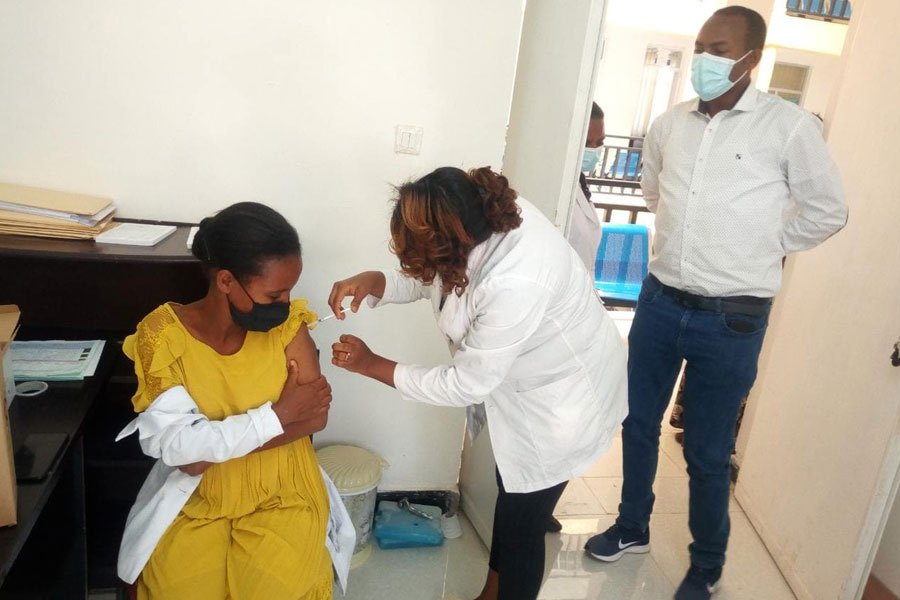
Year In Review | Sep 10,2021
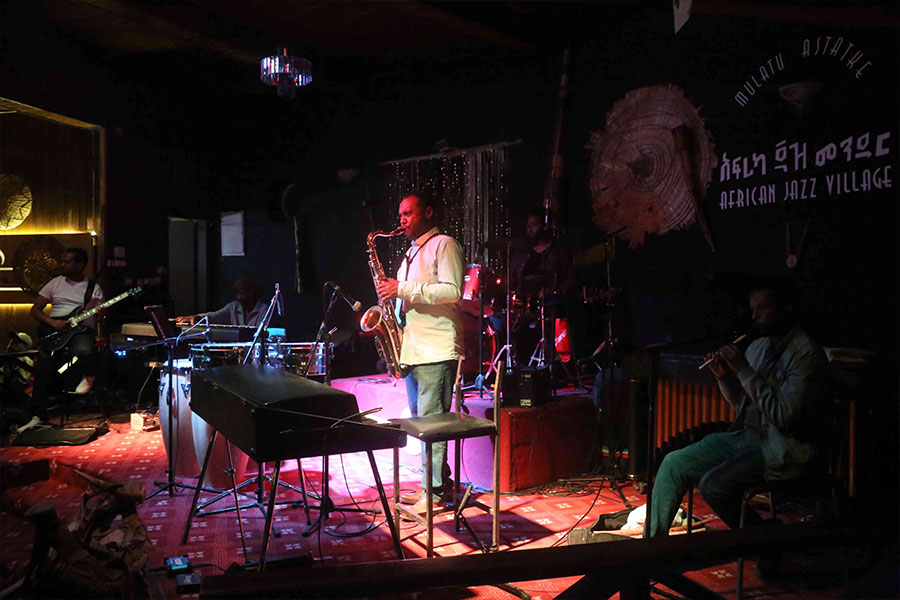
Viewpoints | Apr 15,2023

Radar | May 06,2023

Viewpoints | Feb 17,2024

Radar | Oct 23,2021
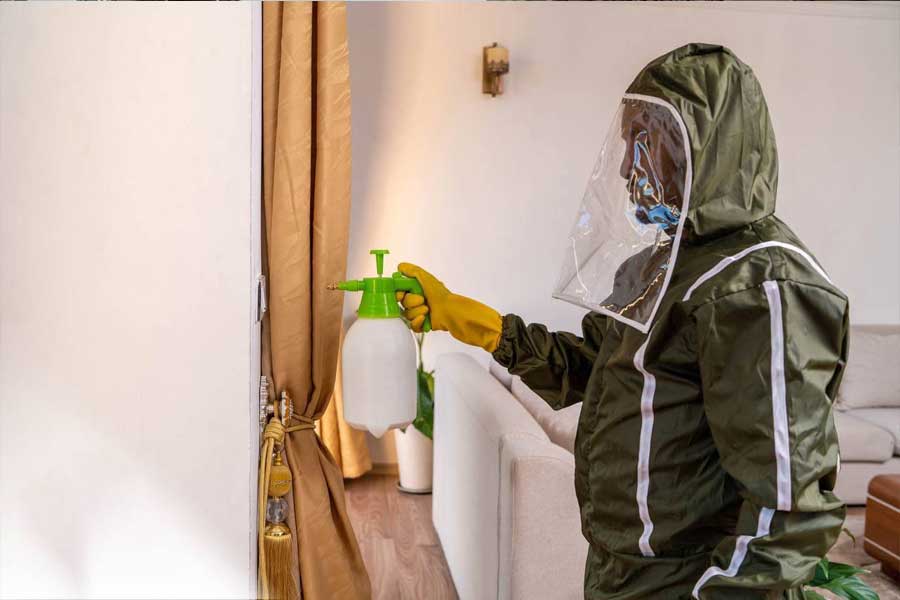
Featured | Apr 30,2021

Radar | Jan 29,2022
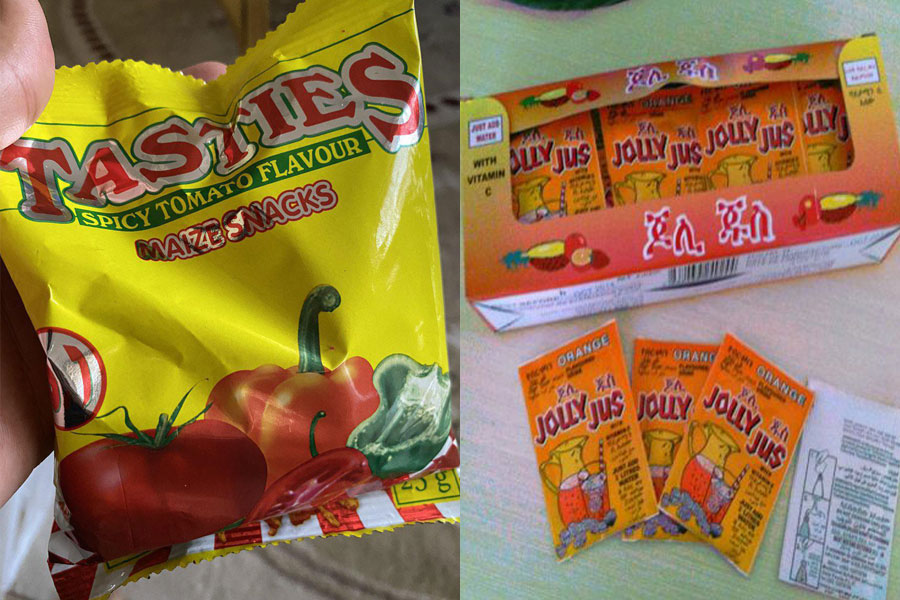
Fortune News | Dec 23,2023
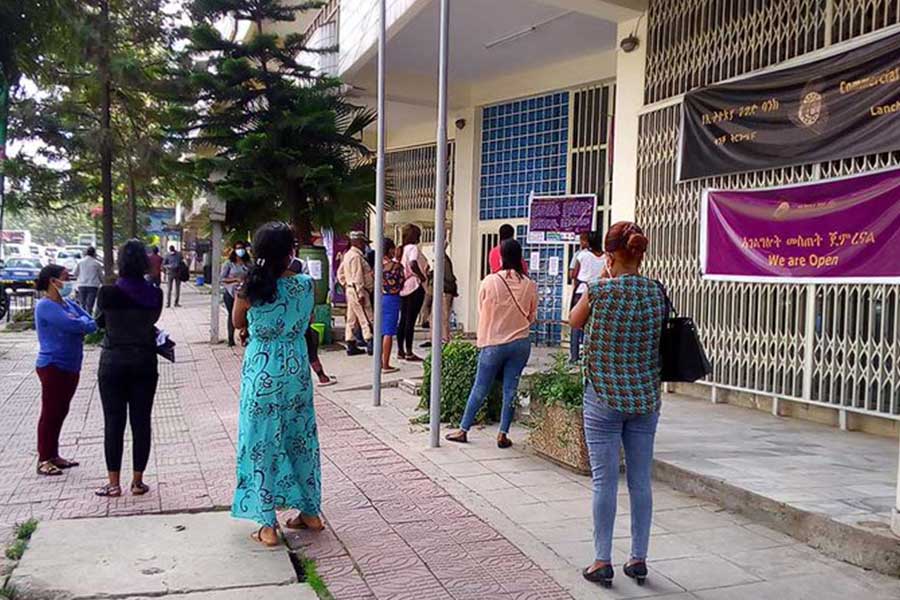
Fortune News | Jun 20,2020

My Opinion | 131981 Views | Aug 14,2021

My Opinion | 128369 Views | Aug 21,2021

My Opinion | 126307 Views | Sep 10,2021

My Opinion | 123925 Views | Aug 07,2021

Dec 22 , 2024 . By TIZITA SHEWAFERAW
Charged with transforming colossal state-owned enterprises into modern and competitiv...

Aug 18 , 2024 . By AKSAH ITALO
Although predictable Yonas Zerihun's job in the ride-hailing service is not immune to...

Jul 28 , 2024 . By TIZITA SHEWAFERAW
Unhabitual, perhaps too many, Samuel Gebreyohannes, 38, used to occasionally enjoy a couple of beers at breakfast. However, he recently swit...

Jul 13 , 2024 . By AKSAH ITALO
Investors who rely on tractors, trucks, and field vehicles for commuting, transporting commodities, and f...

Jul 5 , 2025
Six years ago, Ethiopia was the darling of international liberal commentators. A year...

Jun 28 , 2025
Meseret Damtie, the assertive auditor general, has never been shy about naming names...

Jun 21 , 2025
A well-worn adage says, “Budget is not destiny, but it is direction.” Examining t...

Jun 14 , 2025
Yet again, the Horn of Africa is bracing for trouble. A region already frayed by wars...

Jul 6 , 2025 . By BEZAWIT HULUAGER
The federal legislature gave Prime Minister Abiy Ahmed (PhD) what he wanted: a 1.9 tr...

Jul 6 , 2025 . By YITBAREK GETACHEW
In a city rising skyward at breakneck speed, a reckoning has arrived. Authorities in...

Jul 6 , 2025 . By NAHOM AYELE
A landmark directive from the Ministry of Finance signals a paradigm shift in the cou...

Jul 6 , 2025 . By NAHOM AYELE
Awash Bank has announced plans to establish a dedicated investment banking subsidiary...